5 often flushed products that can clog your toilet


Toilets are places where we get rid of unwanted things - usually products of our metabolism. However, in addition to toilet paper, which is obviously flushed down the drain, we should not flush anything else. The pipes that carry waste to the sewage treatment plant have limited capacity and any garbage thrown into the toilet can easily block the drains, leading to water supply failures. Despite this, many people still treat the toilet as a trash can. What are the most common unwanted waste that ends up in our sewage?
Toilet or bottomless pit?
Contrary to appearances, toilet paper is not a simple, thoughtlessly rolled onto a roll, paper, but a carefully designed product that is meant to dissolve as best as possible in water and thus facilitate its flow along with impurities to the intended destination. Unfortunately, unawareness of this often leads to the belief that the sewage system can handle a large number of waste and throwing in some additional, extra garbage will not significantly affect its capacity, but unfortunately this is not the case. What's worse, these objects often not only cause problems with sewage disposal, but also often hinder their proper purification, thus negatively affecting our immediate natural environment. So what products are we talking about?
-
Paper towels
Among the filters for materials, the most, about 50%, are single-use hand towels! Created in such a way that they absorb water as best as possible during hand drying, they quickly become saturated with moisture when thrown into the toilet and, along with other waste, create large, quickly clogging even relatively large pipes, balls. Many people mistakenly believe that this paper is not much different from toilet paper and, not deciding to place a towel dispenser next to the bin, in the end almost completely clogs the drains of their toilets. This can lead to really big problems, especially in public toilets visited by large groups of people.
-
Makeup remover wipes
Moist cleansing wipes for the skin are products that are undoubtedly very often used by women in the bathroom. They come in handy when you need to touch up your makeup, but they can also be used for a simple refreshment. Well-lit and equipped with large mirrors, bathrooms are the perfect place for thorough face cleansing. Unfortunately, makeup wipes are considered one of the worst problems faced by modern sewage systems. It is estimated that they may be responsible for up to half of all blockages in water pipes, all because of their high resistance to water and tendency to extract and accumulate fat, which then creates huge, difficult-to-remove blockages.
-
Condoms
It is easy to guess that these latex products not only do not dissolve in water, but also, thanks to their high impermeability, easily clog various filters, and in addition, during drainage, they get tangled in any slightly protruding pipe elements. Unfortunately, getting rid of these possibly embarrassing waste by flushing them down the toilet is really popular and is not only associated with potential reduction of drainage capacity, but also with significant harm to the environment, which becomes polluted in this way with a large amount of non-biodegradable waste. Therefore, throwing used condoms into regular trash bins is not only beneficial from the point of view of the sewage system, but also for the environment.
-
Tampons and pads
These hygiene products designed for menstruating women, although they differ in the way they are applied, have one main task - absorbing blood and discharge to provide the user with the highest comfort during menstruation. This means that tampons and pads significantly surpass even the previously mentioned disposable paper towels in terms of absorbency and can cause even greater blockages. And although they end up in the toilet in smaller numbers, they are able to quickly clog the toilet drains and even further sewage pipes. The reason for flushing these products down the toilet is certainly the unpleasant odor often accompanying used materials, but if you want to avoid both it and the troubles that require calling a plumber, it is good to equip yourself with bags specifically designed for this type of waste hygiene bags.
-
Cigarette butts
Used cigarettes are carelessly thrown away, they can be found on sidewalks, beaches, and even in sewage pipes. And although cigarette filters are mostly made of cellulose and paper, due to the high concentration of nicotine and elements such as arsenic and lead, in normal conditions a cigarette butt can decompose in 5 to 10 years. However, their biggest disadvantage is not the long degradation process, but the harmful chemicals that quickly start to release into the water after throwing a cigarette into the toilet, causing significant contamination within the water supply network. If the sewage is not properly filtered, carcinogenic substances can enter the environment, causing great harm to nature, poisoning fish swimming in rivers and crops growing on the banks of surface waters, which then end up on our tables at home.
Do not flush waste - it's a serious matter
Although used hygiene products are an unpleasant topic, they cannot be ignored. Trash bin is not the first bathroom accessory that comes to mind when looking for WC equipment, but it is essential for keeping the toilet clean and functional. Whether it's a regular household toilet or a public restroom, this room constantly generates waste, much of which simply should not end up in the toilet. This is not only for ecological reasons, but also for health and practical reasons related to the proper functioning of the toilet. Yes, you can reduce the amount of potentially clogging materials by using hand dryers instead of the aforementioned paper towels, but complete elimination of products that can clog the toilet is impossible without placing at least one small bin next to the toilet. And sinceNo one would want to be in a bathroom where an unpleasant smell dominates and leave the toilet stall with a bloody tampon in hand. Bathrooms that cater to the comfort of women who visit them should definitely be equipped with airtight bins for feminine hygiene waste, or provide access to special containers for sanitary bags. Without these, it is better to start preparing for regular searches for information on home and professional methods for unclogging a clogged toilet.
Ryszard Kurek
All rights reserved. No part of the publication (text, graphics, images, photos, files, and other data) presented on the OLE.PL online store may be reproduced or distributed in any form or by any means without prior permission. All trademarks, graphics, brand names, and other data are protected by copyright law and belong to their respective owners.










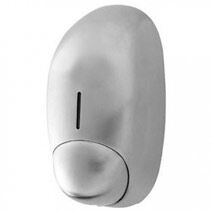

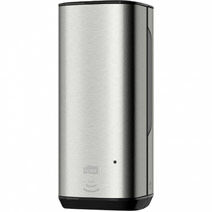
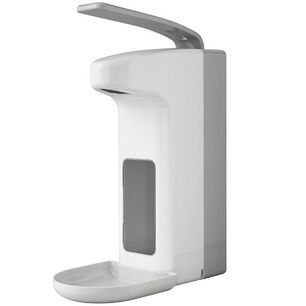
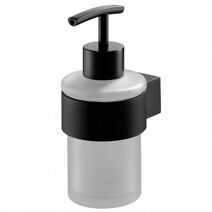
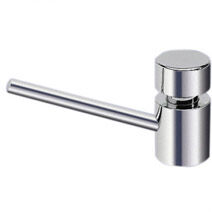
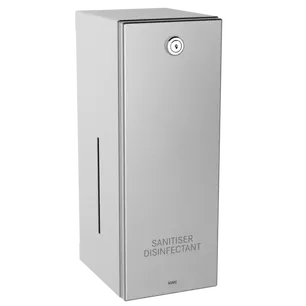

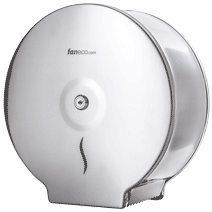

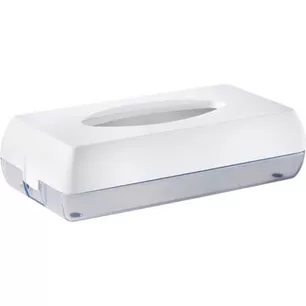
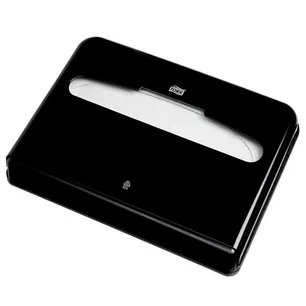
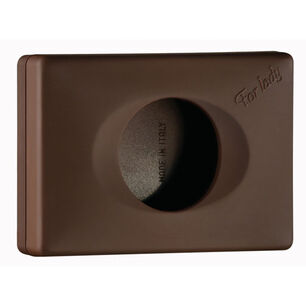
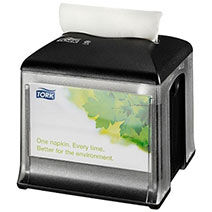

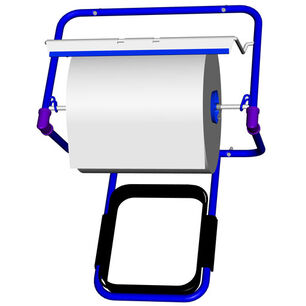
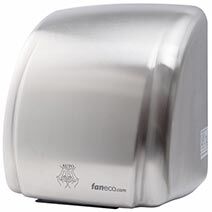
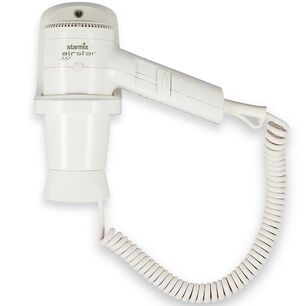
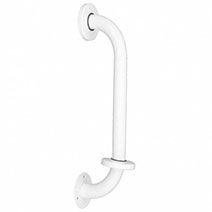
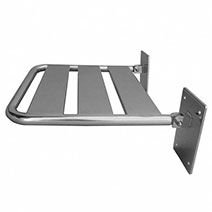
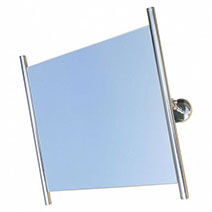
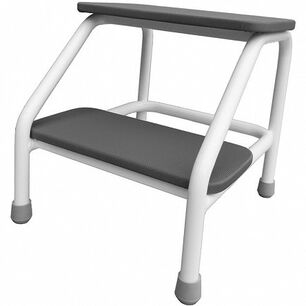
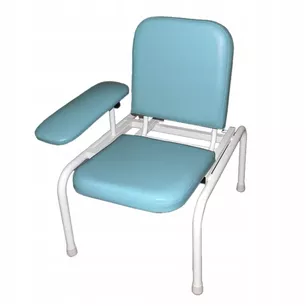
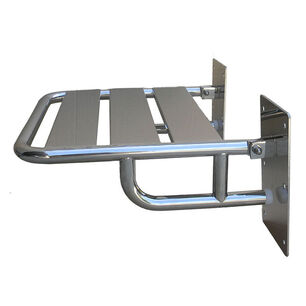



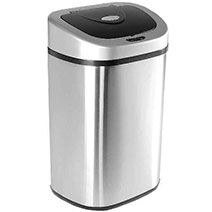
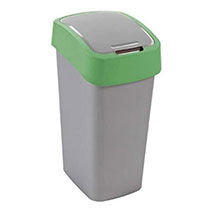
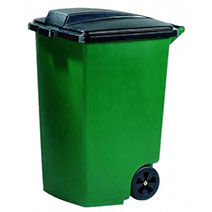


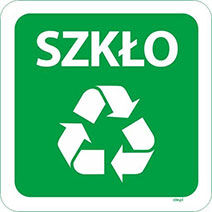
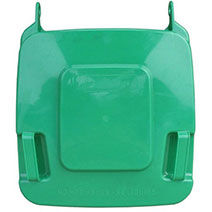
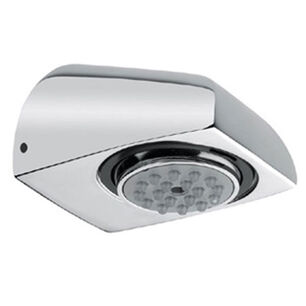
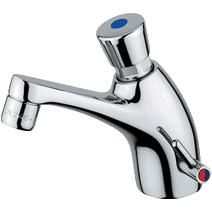
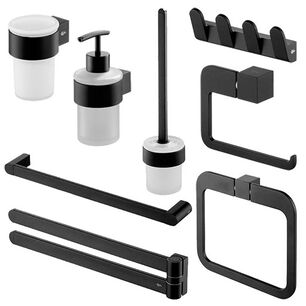
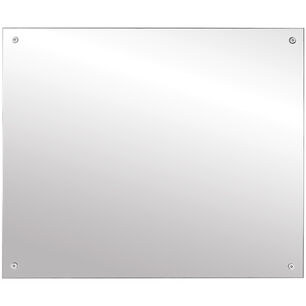
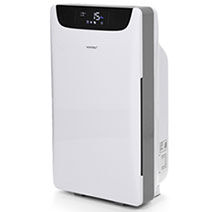
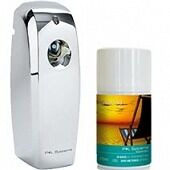

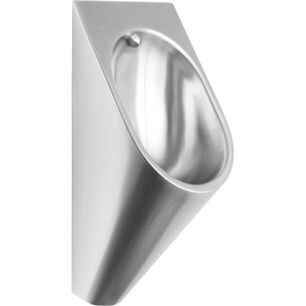
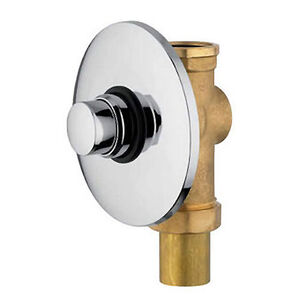
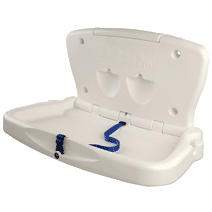
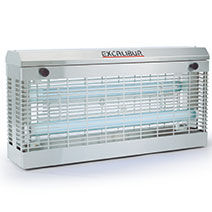
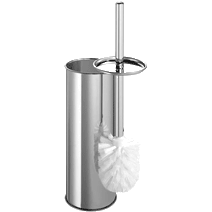
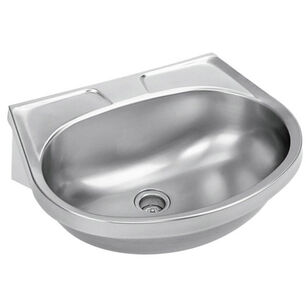
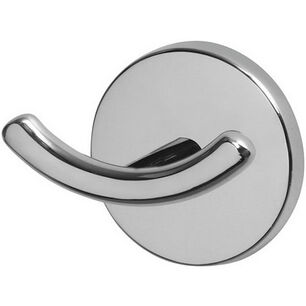
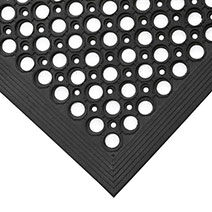
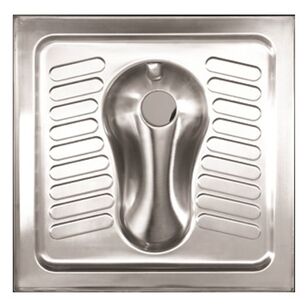
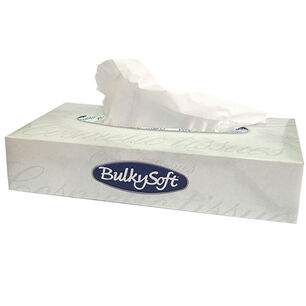
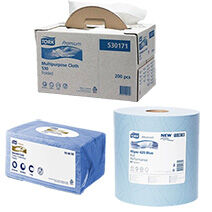
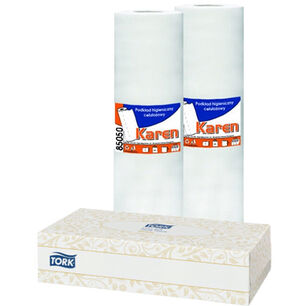
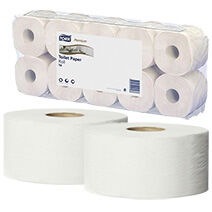

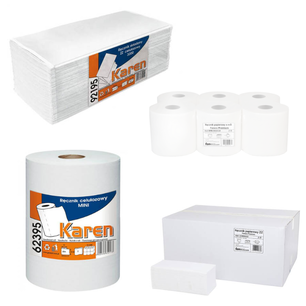
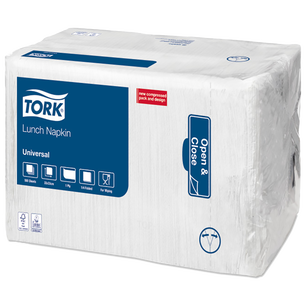
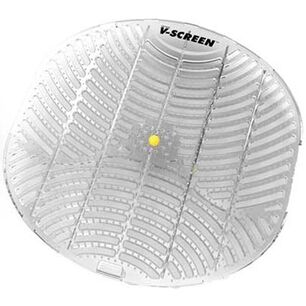
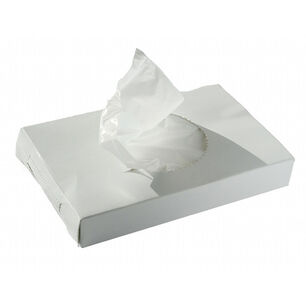
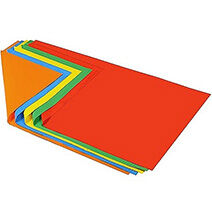
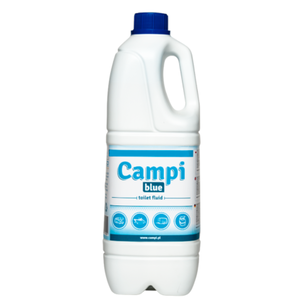
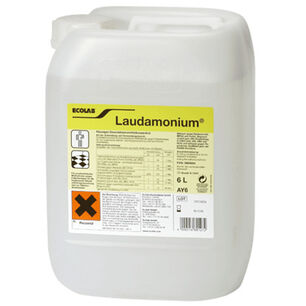
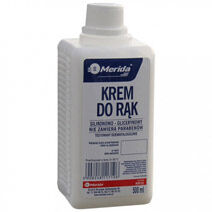
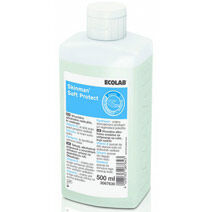
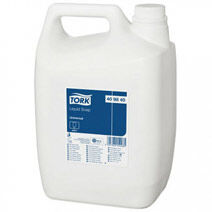
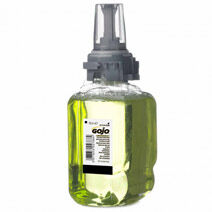
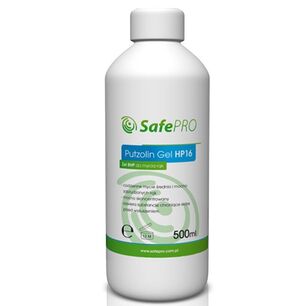
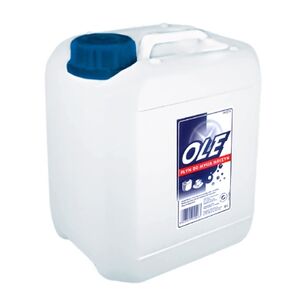
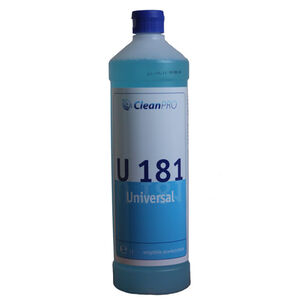
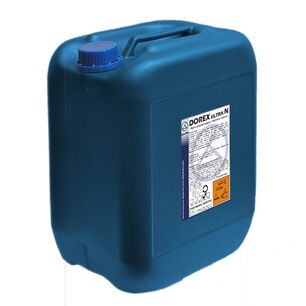
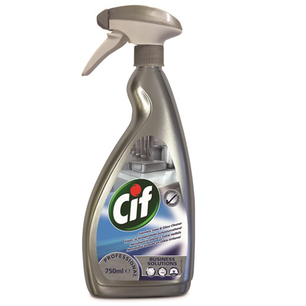
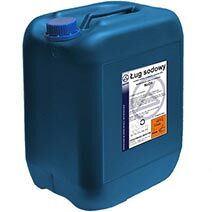

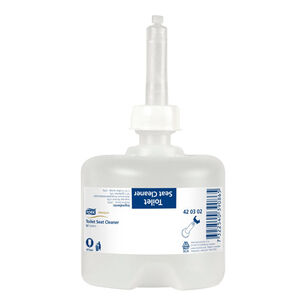
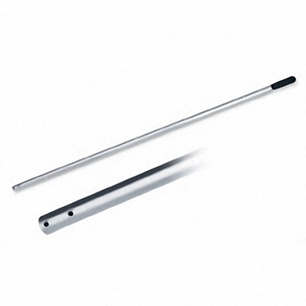
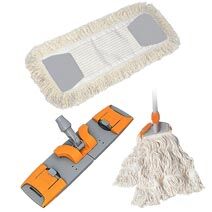

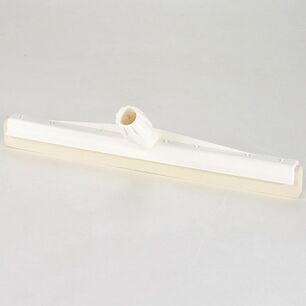

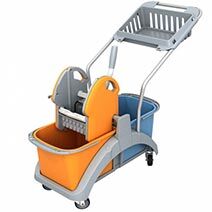
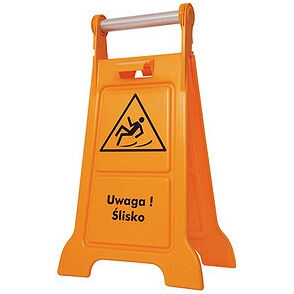

 Polski
Polski
 Czech
Czech
 German
German
 Spanish
Spanish
 Slovak
Slovak